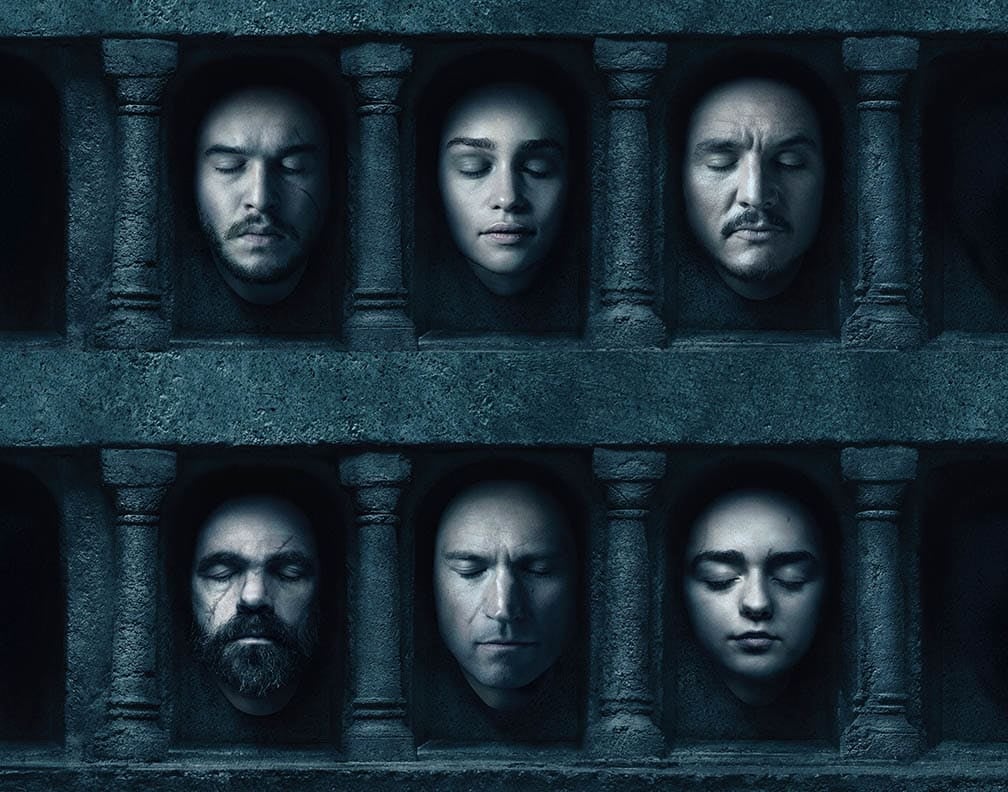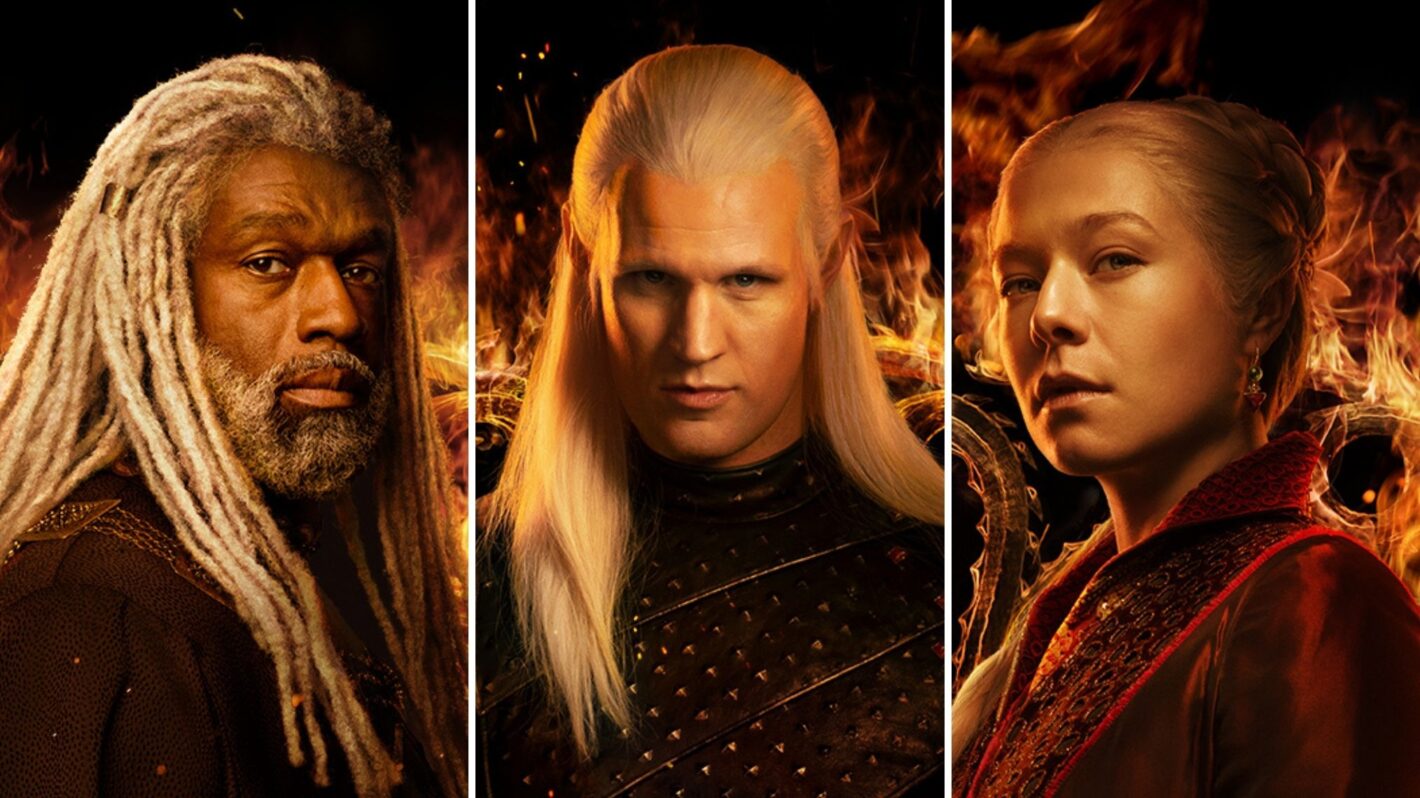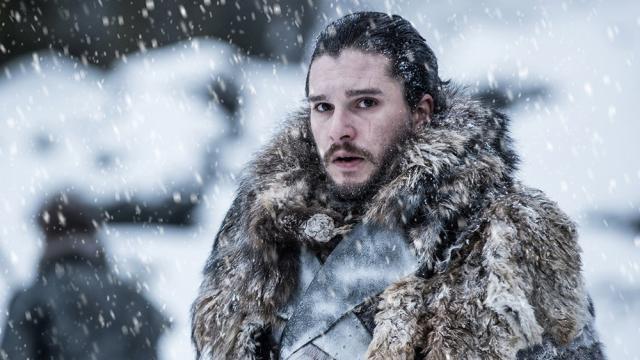To say that Game of Thrones has had the stink of its controversial ending hovering over it for three years would be an understatement, but HBO thinks that enough time has passed to attempt a larger franchise.
Its first successful effort at this comes in the form of House of the Dragon, premiering about two months from now, and it previously had several shows in the works that all got canned, including one starring Naomi Watts. And just before the weekend began, it announced its plans to bring back Kit Harrington — who’s still possibly got other Marvel obligations in his future — to play the eternally unlucky Jon Snow in a spinoff of his own.
It can’t be understated how much GoT’s ending — and the final season overall — has scuttled the goodwill the series accrued during its previous seven seasons. House of the Dragon already has an uphill battle to climb as the first spinoff that will try and recapture audience’s attention, and this new Snow spinoff, should it even come about, will have even worse odds stacked against it. In an age where IP and fan demands run the world, Game of Thrones did the impossible and made it so that no one would really be interested in more of it until George R.R. Martin decides to stop providing lore for From Software games and release Winds of Winter.

Deliberately or not, a spinoff for Jon Snow feels like it’s attempting to strike while the “traumatized bearded man with a sword” iron is hot. It’s probably not a coincidence that this news hit just as Disney+’s Star Wars miniseries focused on Ewan McGregor’s Obi-Wan Kenobi comes to an end next week. Even discounting the future that could’ve been, where Thrones creators David Benioff and D.B. Weiss could’ve worked on a Star Wars film before their show’s finale hit, HBO likely sees a mentor figure in Disney’s space fantasy series. When Rise of Skywalker released in late 2019 to a mixed response (to be really, really generous about it), and months after Thrones’ finale, the salve of The Mandalorian made things sting just a little bit less. If Star Wars is a bulletproof franchise overall, then Dave Filoni and Jon Favreau’s flagship series for Disney+ saw them get the best vest around.
Since then, The Mandalorian has become a massive hit, helping secure Star Wars’ success in the realm of television with two seasons, two spinoffs of its own in the form of Ahsoka and Book of Boba Fett, and a plethora of new Star Wars shows waiting in the wings. The success of the streaming series has been such that it doesn’t entirely matter if Disney and Lucasfilm ever decide to put out another film. Not only has it ensured that the franchise can live on through television, it’s taken on its own life in a way that’s deceptively simple, yet seemingly hard to replicate. If it were that easy to do a Mandalorian, there’s little doubt that HBO would’ve tried for a spinoff by now focused on a fan favourite like Grey Worm (Jacob Anderson), or swung hard to secure Maisie Williams for an Arya Stark solo series.
More than anything, what separates what Star Wars and Game of Thrones went through during their respective divisive endings is that Rise of Skywalker’s reception has ultimately just continued the trend of Star Wars having high highs and low lows. (In about 10 years, the Sequel Trilogy will likely get the cultural reexamination that the prequels have had.) Thrones had its fair share of criticism during those early seasons, but the final season was really where its worst impulses and faults became highlighted in a way that couldn’t be ignored. As a result, going away for three years, as its various actors moved on to other projects, was for the best.

What remains to be seen in the case of Thrones is if absence really has made the heart grow fonder. There’ve been several fantasy shows that have successfully managed to fill the niche that HBO’s series left behind to become big names in their own right, and HBO itself has released other crowd pleasing shows like Hacks, Our Flag Means Death, and Peacemaker. Fighting for attention has been a struggle for many shows and films in this new, reinvigorated era of streaming wars. More than ice zombies or big-arse dragons with an awareness of symbolism, the biggest threat to Game of Thrones is if it can make itself matter again. If it can’t find a way to stage a comeback, then HBO truly does know nothing.
House of the Dragon premieres August 21 on HBO Max.
Want more Gizmodo news? Check out when to expect the latest Marvel and Star Wars releases, what’s next for the DC Universe on film and TV, and everything you need to know about House of the Dragon and Lord of the Rings: The Rings of Power.
